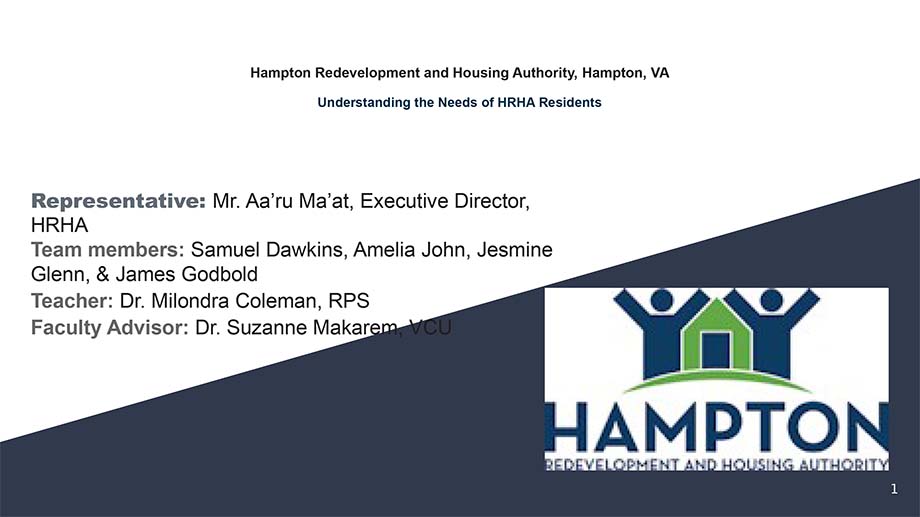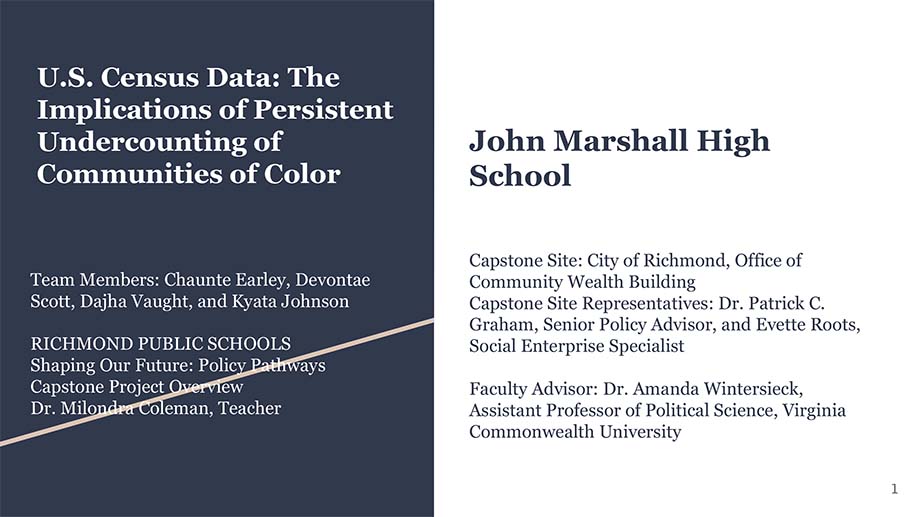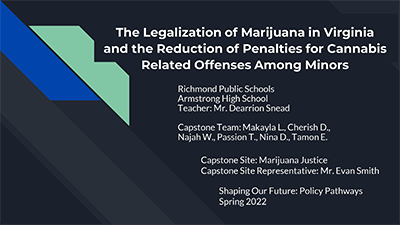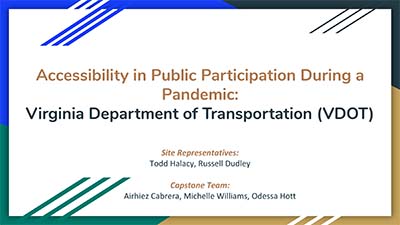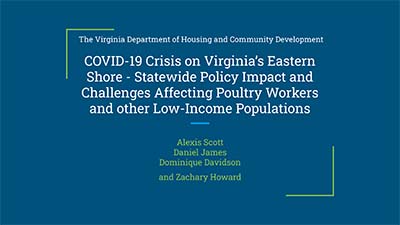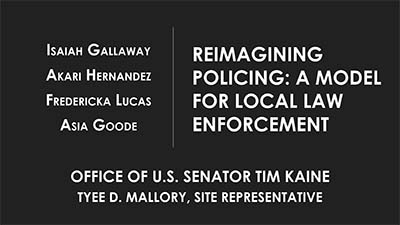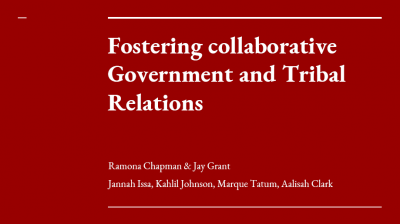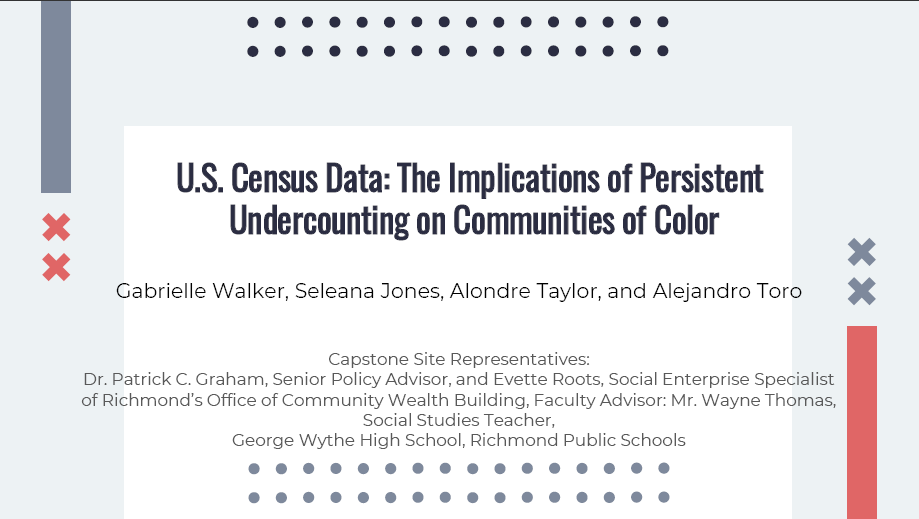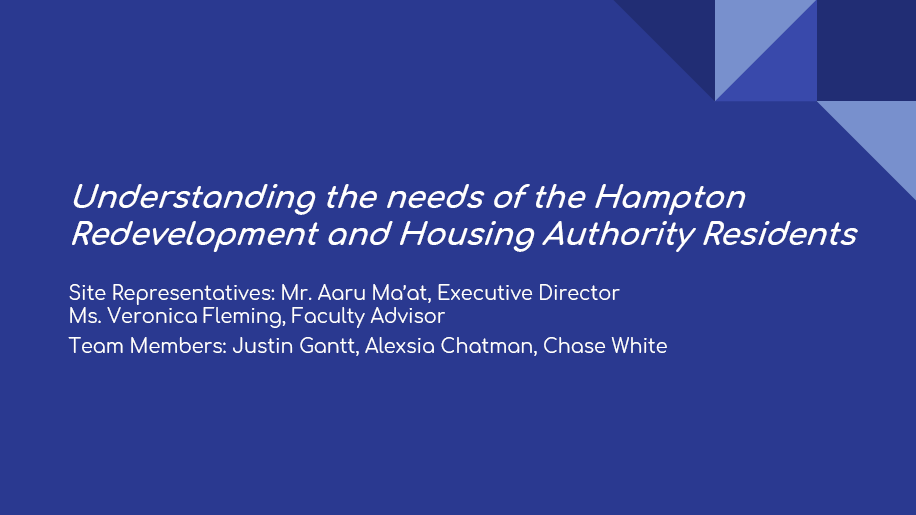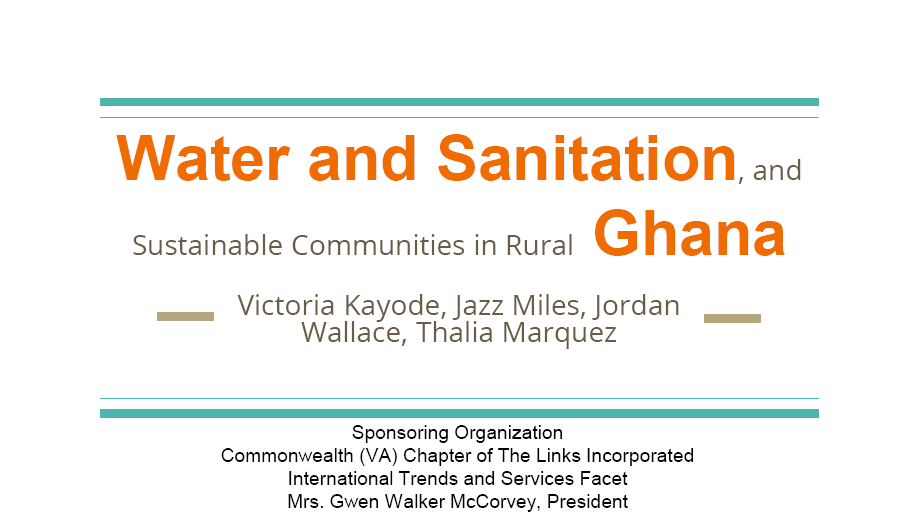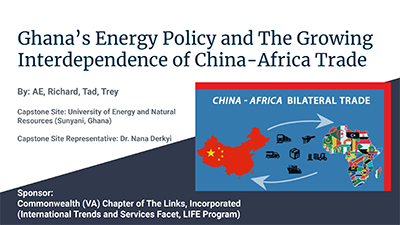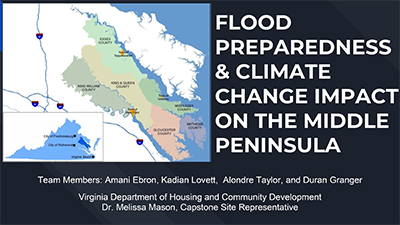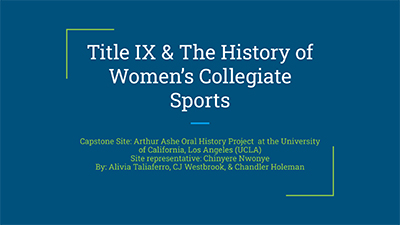Aussie Football Betting Standouts
Australian Football, also known as Aussie Rules or AFL, is a popular sport in Australia, attracting millions of fans and bettors. With its unique rules, fast-paced action, and passionate fanbase, Aussie Football provides an exciting platform for sports betting enthusiasts. Whether you are a seasoned punter or a casual bettor looking to explore new opportunities, there are several standout betting options worth considering. In this article, we will highlight some of the top Aussie Football betting standouts and provide insights into how you can make the most of your wagers.
1. Match Winner
The most straightforward and popular betting option in Aussie Football is the match winner. Here, you simply predict which team will win the game. While it may seem simple, it is important to analyze the form, team composition, injuries, and other factors that can influence the outcome. By doing thorough research and staying updated with team news, you can increase your chances of making accurate predictions and securing profitable bets.
2. Handicap Betting
Handicap betting is an excellent option for those looking to level the playing field between two unevenly matched teams. In Aussie Football, teams are assigned positive or negative handicaps based on their perceived strength or weakness. This means that even if a team is considered a clear favorite, you can still place a bet on them with a handicap. For example, if Team A has a -20.5 handicap against Team B, they need to win by at least 21 points for your bet to be successful. Conversely, if you bet on Team B with a +20.5 handicap, they can win, draw, or lose by up to 20 points, and your bet will still be a winner.
If you are looking for reliable Australian Football betting sites to place your wagers, check out https://betzoid.com/au/football-betting-sites/. These platforms provide a user-friendly interface, competitive odds, and a wide range of betting markets to cater to your preferences. Remember to gamble responsibly and enjoy the thrilling world of Aussie Football betting!
3. Total Points
Another popular betting market in Aussie Football is the total points market. Here, you predict whether the total number of points scored in a game will be over or under a certain threshold set by the bookmaker. The threshold can vary from game to game and is influenced by factors such as team form, weather conditions, and playing styles. Analyzing team statistics, recent performances, and playing conditions can help you make informed decisions when betting on the total points market.
4. Margin Betting
Margin betting is a more challenging but potentially rewarding betting option in Aussie Football. In this market, you predict the exact margin of victory for a team. For example, you can bet on Team A to win by 1-24 points or Team B to win by 25+ points. The odds for margin betting are typically higher than other markets, offering the opportunity for larger payouts. However, accurately predicting the margin requires a deep understanding of team dynamics, recent form, and historical matchups.
5. First Goal Scorer
If you prefer individual player markets, betting on the first goal scorer can be an exciting option. In Aussie Football, the first goal is highly celebrated, and predicting which player will score it can add an extra layer of excitement to the game. This market requires knowledge of player form, playing position, and team strategies. While it may be challenging to predict the first goal scorer accurately, it can be a rewarding bet if you do your research and make informed decisions.
Conclusion
Aussie Football offers a wide range of betting opportunities for sports enthusiasts. From traditional match winner bets to more specialized markets like handicap betting and first goal scorer, there is something for everyone. To enhance your betting experience, it is crucial to stay updated with team news, analyze team form, and consider various factors that can influence the outcome of a game. By doing so, you can make well-informed decisions and increase your chances of success.
Strengthen Critical Thinking Abilities with our Public Policy Programs
Our philosophy is based on the belief that the best policy decision-makers have acute critical thinking skills, effective writing techniques, and excellent research and data analysis abilities. Program offerings strengthen participants’ critical thinking abilities, academic/policy writing, leadership, communication, research, and analytical skills. Lesson plans will draw upon a variety of materials and methodologies to build students’ knowledge and prepare them for public policy education and training in the classroom that ends with real-world professional development opportunities.
Program Strategies
Policy Pathways' educational programs encourage students to think about and engage in open dialogue regarding complex policy issues and to take action in their communities or society.
Education and Training: Participants are introduced to the field of public policy research and analysis through discussions of contemporary policy issues and challenges. Lesson plans are structured around critical thinking activities that incorporate factual, conceptual, procedural, and metacognitive approaches to knowledge acquisition (Anderson and Krathwohl, 2001), as well as multicultural education and non-cognitive skill development activities (Ecker-Lyster & Niileksela, 2017). Instructors and presenters are noted professors, recognized professionals with real-world policy experience, and leading policy decision-makers, thinkers and writers, and advocates in their fields.
Project-based Model:
The curriculum is designed to help participants develop critical thinking skills by working collaboratively to identify problems that were either created as a result of policy decisions or problems that they believe the actions of policymakers could address. Tackling policy-related problems builds skills and talents and fosters interests in policy areas.
Research and Writing:
Participants are encouraged to conduct research and write articles, editorials, and manuscripts for publication.
Advocacy:
Participants are provided with training in a variety of strategies to debate their positions, advocate for policy change, and educate policymakers and key stakeholders.
Professional Development:
Participants are encouraged to engage in learning, service, and community initiatives that sharpen their leadership skills and abilities.
Goals
Our goals are to (1) strengthen the links between underrepresented student populations, policy research and analysis, and undergraduate programs and public policy communities; and (2) provide high‐level research and analysis to support policymakers and practitioners and expand educational opportunity to all students.
Our programs help students and participants become more aware of how legislative decisions and public policies impact groups and communities and better prepare for the transition to undergraduate and graduate public policy, public affairs, public service, and public administration and management programs, as well as policy-related programs in other academic disciplines, such as law, health, business, and education.
Learning Outcomes
Upon completing a Policy Pathways program, students will:
- Know key assumptions, methodologies, theories, and analytical tools of policymaking;
- Demonstrate knowledge of current policy issues and advocacy strategies to influence policy decision-making; and
- Demonstrate analytical writing in the policy analysis context.
Curriculum Overview
The curriculum is based on a five-pronged pedagogical framework that moves from critical thinking to policy formation, policy analysis, advocacy and persuasion, and the Capstone project .
Each two-week public policy course includes six core modules:
- Introduction to Public Policy
- Introduction to Research Methods
- Introduction to Statistics
- Policy Studies I (Policy Formation)
- Policy Studies II (Policy Analysis)
- Public Administration
Policy and Society Year-Round College Preparatory Program Capstone Projects
Spring 2021 Shaping our Future: Policy Pathways
Spring 2022 Shaping our Future: Policy Pathways
POLICY AND SOCIETY YEAR-ROUND COLLEGE PREPARATORY PROGRAM
Our “Policy and Society” year-round curriculum is a modular public-policy course that aligns with Virginia Standards of Learning assessments in Civics and Economics; Probability and Statistics; Economics and Personal Finance; and English, as well as the five core competencies needed for graduation: Critical Thinking, Creative Thinking, Communication, Collaboration, and Citizenship.
The curriculum affords the synergy of integrated themes and the progression of skills development as students complete modules and workshops focused on three types of understanding: conceptual, scaffolding (i.e., the integration of skills across new conceptual frameworks), and analyzing. In addition to enriching already-existing curricula at high schools, “Policy and Society” helps schools meet academic, equity, and student satisfaction goals. The program’s curriculum, faculty, and structure can help reduce absenteeism, improve graduation rates, and increase the number of students enrolling in two-year and four-year colleges and universities.
But above all, “Policy and Society” gives students the tools, intellectual as well as practical, to succeed academically and envision themselves as making a difference in the world. They will understand, too, how to use their skills to foster a more equitable and inclusive future for the region, the state, and the nation. The course, rigorous yet sensitive to the educational and social needs of students at varying levels of performance, will supplement their knowledge and experience and encourage academic and professional accomplishment.
Program Outcomes
After completing a semester of Policy and Society College Prep Program, students should:
- Be able to think critically about and apply critical reflection techniques to policy issues;
- Have acquired knowledge of key policy formation processes and theories;
- Be familiar with advocacy strategies and approaches;
- Be able to think critically about and engage in basic policy analysis;
- Have acquired an introduction to public policy statistics, economics, and research methods;
- Have completed at least one written document for publication on a blog or in a magazine, newspaper, or journal; and
- Have increased preparation and confidence to pursue policy-focused degree programs and careers.
SUMMER ACADEMY FOR POLICY LEADERSHIP AND PUBLIC SERVICE
The Summer Academy for Policy Leadership and Public Service (SAO) is a program for rising high school sophomores, juniors, seniors; recent high school graduates; and college students, age 15 - 25, who strive for academic excellence. The Summer Academy combines fun with intensive learning. Each rigorous but rewarding two-week session offers public-policy coursework. Top professors, policy experts, and leading decision-makers introduce program participants to policy formation and analysis, economics, public administration, research methods, and statistics, as well as critical thinking, advocacy, and effective, readable writing. Course contact hours will exceed those in a standard 16-week (3 credit- hour) semester course.
The Summer Academy is a distance learning program that provides instruction, facilitates workshops, and coordinates group activities and interactions remotely. We are happy that we can offer our exciting, engaging, and timely program through a virtual platform for youth who are interested in public policies and their impacts on individuals, organizations, and communities!
The two-week session will offer engaging and rewarding public policy course work. Top professors in their fields, policy experts, and leading decision-makers will introduce program participants to policy formation and analysis, economics, public administration, research methods, and statistics, as well as critical thinking, advocacy, and writing strategies. Course content will focus on real-world policy issues and offer opportunities to research, design, and conduct policy-related projects through capstone teams. Program participants will have the opportunity to interact extensively with faculty members and classmates in virtual classrooms.
Policy Pathways has launched The Summer Academy for Policy Leadership and Public Service Online (The Summer Academy), a learning program that combines intensive learning experiences with fun activities. The two-week session offers engaging and rewarding public policy course work. Top professors in their fields, policy experts, and leading decision-makers introduce program participants to policy formation and analysis, economics, public administration, research methods, and statistics, as well as critical thinking, advocacy, and writing strategies. Apply Now, using our streamlined application!
The Summer Academy offers three Specialty Workshops that focus on critical thinking, advocacy, and writing. Summer Academy participants are provided with innovative instruction to enhance and test their abilities to translate theories into practice in real-world situations. Through a session in critical thinking, students are challenged to approach and think about policy issues in new ways. Research Methods is a foundational course that is designed to equip students with the skills to collect, manage, and interpret data. Policy Studies I introduces participants to the policymaking process, and Policy Studies II presents participants with the contents for policy analysis. Statistics is taught as an independent course as well as integrated into the curriculum of other core courses. Economics introduces participants to economic terms, theories, and models that are foundational for understanding public policy issues, and our Public Administration course introduces participants to various aspects of government administration.
Summer Academy Capstone Projects
Summer Academy 2020
Summer Academy 2021
Summer Academy 2022
Summer Academy 2023
Summer Academy 2024
The Summer Academy introduces program participants to the exciting and dynamic field of policy studies through an online platform where course instruction and materials are delivered electronically. Program participants are challenged to exercise their critical thinking and leadership abilities by applying their skills to contemporary real-world policy issues and finding their voice through advocacy and writing. Lesson plans consist of lectures, workshops, group discussions, small group exercises, guest speakers, and other learning and interactive modalities. Summer Academy instructors are highly qualified, with over half holding earned doctoral degrees in their fields. Program participants have the opportunity to interact extensively with faculty members and classmates in virtual classrooms.

Arrival Day Schedule Sunday, June 22, 2025
10:00 a.m. - 12:00 p.m. Participant Check-In (Audio/Camera Checks)
1:00 p.m. - 2:00 p.m. Welcome/Program Overview
3:00 p.m. - 5:00 p.m. Class/Workshop
5:00 p.m. End of Day
Typical Weekday Schedule
9:00 a.m. - 10:00 a.m. (Computer Audio/Camera Checks)
10:00 a.m. - 12:00 p.m. Morning Class
12:00 p.m. - 1:00 p.m. Lunch
1:00 p.m. - 4:00 p.m. Afternoon Class
Departure Day Schedule Thursday, July 3, 2025
9:00 a.m. - 12:00 p.m. Morning Class
1:00 p.m. - 3:00 p.m. Afternoon Class
3:00 p.m. - 5:00 p.m. Closing Ceremony
Schedule is subject to change.
Fees and Tuition Rates
Application Fee
Participant application fee (nonrefundable and not applied to tuition) - $70
Tuition per Two-Week Session
Summer Academy In-Person Participant (includes instruction, books, and materials) - $2,000
Summer Academy Participant (includes instruction, books, and materials) - $1,600
Enrollment Process
The Summer Academy extended application due date is Saturday, May 25, 2024. Late applications will be considered on a space-available basis. Participants will be selected, and notifications will be mailed by Saturday, June 1, 2024.
Apply to the Summer Academy by creating a My Path participant account. Use your My Path login ID and password to complete the streamlined application process. Fill in the digital application and select Summer Academy as your program choice. Application fees and tuition can be paid using the PayPal Payment button. You also may mail your application and tuition and fees using the U.S. postal service.
There are no prerequisites to enroll in The Summer Academy for Policy Leadership and Public Service Online.
Financial Aid
Please be aware that we have limited financial assistance available. Families and participants interested in being considered for financial aid are encouraged to indicate their preference by accessing your My Path account and responding to the financial assistance question on the Summer Academy Participant Application Form.
Technical Requirements
Participants enrolled in Summer Academy will need a computer with broadband Internet access and a current web browser. A headset, speakers, and a microphone, along with Zoom, the video conferencing platform that will allow participants interaction with instructors and other students during real-time class sessions.
Participants will need an email address and Microsoft Word and Excel. Additional plugins may need to be installed on your computer or web browser to support the viewing of videos and the sharing of work and submitting assignments. Please be aware that some software may not work properly on iPads and tablets.
Computer Hardware & Web Browsers
- Computers or devices using Windows 10 or macOS 19.13 operation systems
- Current web browsers, including:
- Chrome
- Firefox
- Microsoft Edge
- Explorer 11 in Windows 10
- Safari for Mac computers and devices
Your Browser
Please make sure that your browser is up to date. Your internet browser should be configured to:
- Enable cookies
- Enable JavaScript
- Allow pop-up windows
- Allow plugins when needed
Software
Additional software may be needed, and is described within the details of each module:
- Adobe Reader – other PDF viewers not supported
- Adobe Flash player. Flash-based courses will not work with most tablets
- Microsoft Word or other compatible software, such as Google Docs
- Excel
- Zoom
Technical Support
If you have problems accessing the public policy course, please contact Summer Academy administrative staff.

